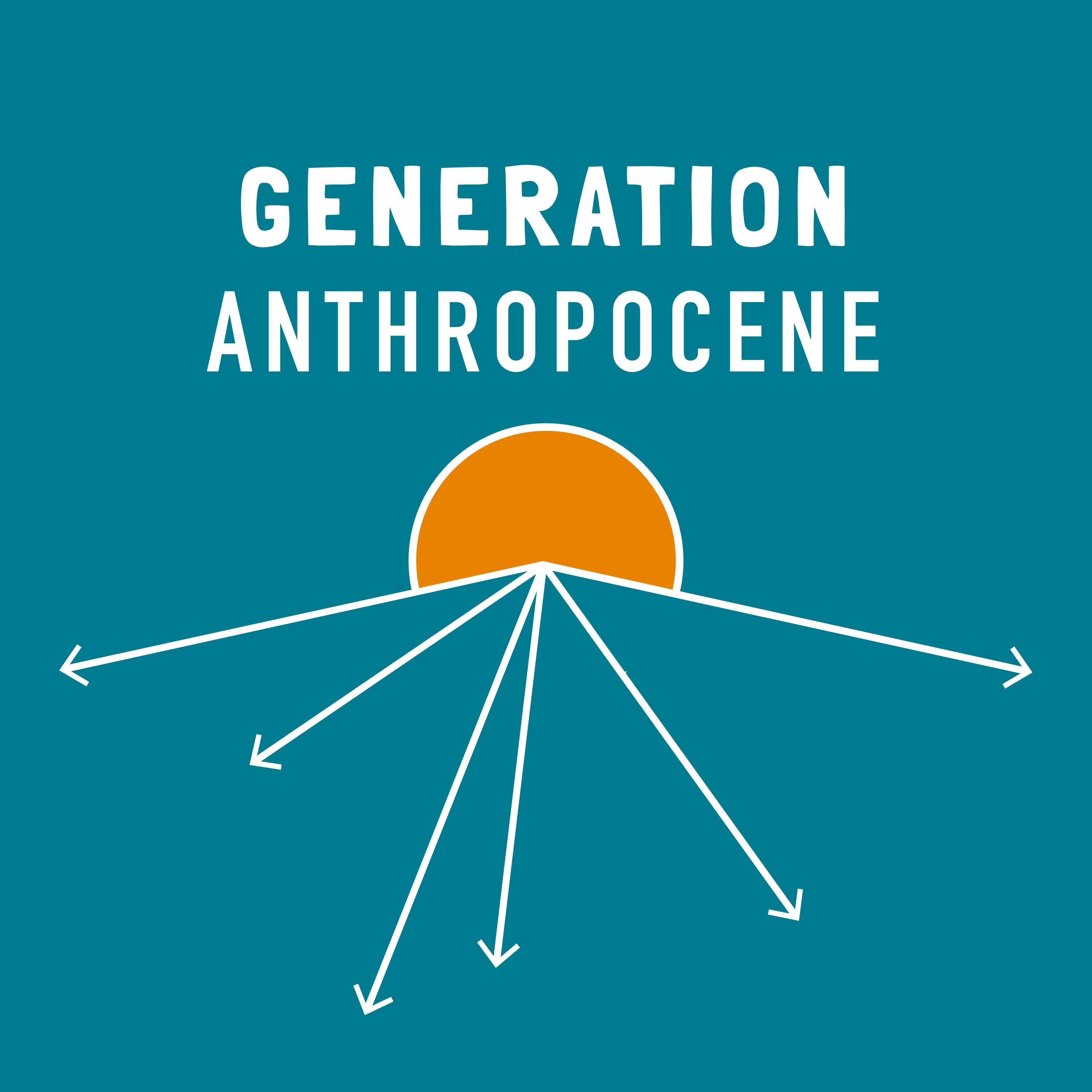Human Origins
Description
As a species, our intelligence is probably the single most important quality that sets us apart from every other organism that has ever lived. But it’s not so much our abilities as individuals, but rather it’s our collective and accumulated knowledge. All of the drivers of the Anthropocene are only possible because of our capacity to transfer knowledge down through generations. So when exactly did that process begin? When did we start to behave in a way that was fundamentally “human,” and can we shine light on the process of intergenerational knowledge transfer? Professor April Nowell is a cognitive archeologist at the University of Victoria who studies the lives of Ice Age children. In this conversation she helps us hone in on some of the key moments in the deep past where humans started acting in a fundamentally new way, and began to set the stage for growing into a geologic force.
Learn more about your ad choices. Visit megaphone.fm/adchoices
More Episodes
Humans tend to think that our intelligence is the most distinguishing trait of our species. Collectively our intelligence has given us god-like powers. But what exactly is intelligence, and how did it evolve? How do we measure intelligence in other species, and how might we use that information...
Published 12/14/22
Published 12/14/22
The tone around conservation is often pretty heavy and it’s hard not to feel a sense of despair. But maybe there are opportunities in the world of conservation that we are not fully taking into account. The truth is, organisms and ecosystems have built-in defense mechanisms to respond to rapid...
Published 11/03/22


